Dear Readers,
AI plays a crucial role in our blog, helping us manage our time more effectively to keep the content flowing. While AI assists with content creation, which may lead to occasional spelling or grammar errors, our primary goal remains clear: to deliver meaningful insights to you. For important matters, please consult a specialist.
Thank you for your understanding and support.
Best regards,
Education.com.cy
Summary
The executive summary on the topic ‘Psychosocial and Behavioral Problems Due to Internet Addiction’ highlights the significant impact that excessive Internet use can have on individuals, particularly teenagers. Internet addiction can lead to a range of psychosocial and behavioral issues that affect various aspects of life.
Firstly, it can severely impair interpersonal relationships. Individuals may experience reduced communication and cooperation with family and friends, leading to social withdrawal and isolation. This withdrawal from social activities can further exacerbate feelings of loneliness and depression.
Secondly, poor eating habits are commonly observed among those addicted to the Internet. They may skip meals or consume unhealthy food, which can contribute to physical health problems such as obesity and nutritional deficiencies.
Behaviorally, individuals with Internet addiction often exhibit low frustration tolerance and may have frequent temper tantrums, irritability, and aggression. These emotional outbursts can strain relationships and create a hostile environment at home or school.
Time management is another critical area affected by Internet addiction. Excessive time spent online can lead to poor academic performance, with incomplete or missing assignments and declining grades. The addiction can also reduce intellectual ability and overall cognitive function due to the lack of engagement in intellectually stimulating activities.
In summary, Internet addiction can lead to a cascade of psychosocial and behavioral problems, including poor interpersonal relationships, unhealthy eating habits, emotional instability, and academic decline. Addressing these issues requires a comprehensive approach involving education, time management strategies, and support from both parents and professionals.
Introduction
The advent of the Internet has revolutionized the way we communicate, work, and entertain ourselves. However, this technological boon has also brought with it a range of challenges, particularly in the realm of mental health and social behavior. Internet addiction, characterized by an excessive and compulsive use of the Internet, has emerged as a significant concern, especially among teenagers and young adults. This addiction can lead to a myriad of psychosocial and behavioral problems that affect various aspects of an individual’s life. These issues are not only confined to the virtual world but also spill over into real-life interactions, academic performance, and overall well-being. Understanding the psychosocial and behavioral problems associated with Internet addiction is crucial for developing effective interventions and support systems to mitigate its impact. This section delves into the various ways in which Internet addiction can disrupt social relationships, alter behavior, and contribute to psychological distress.
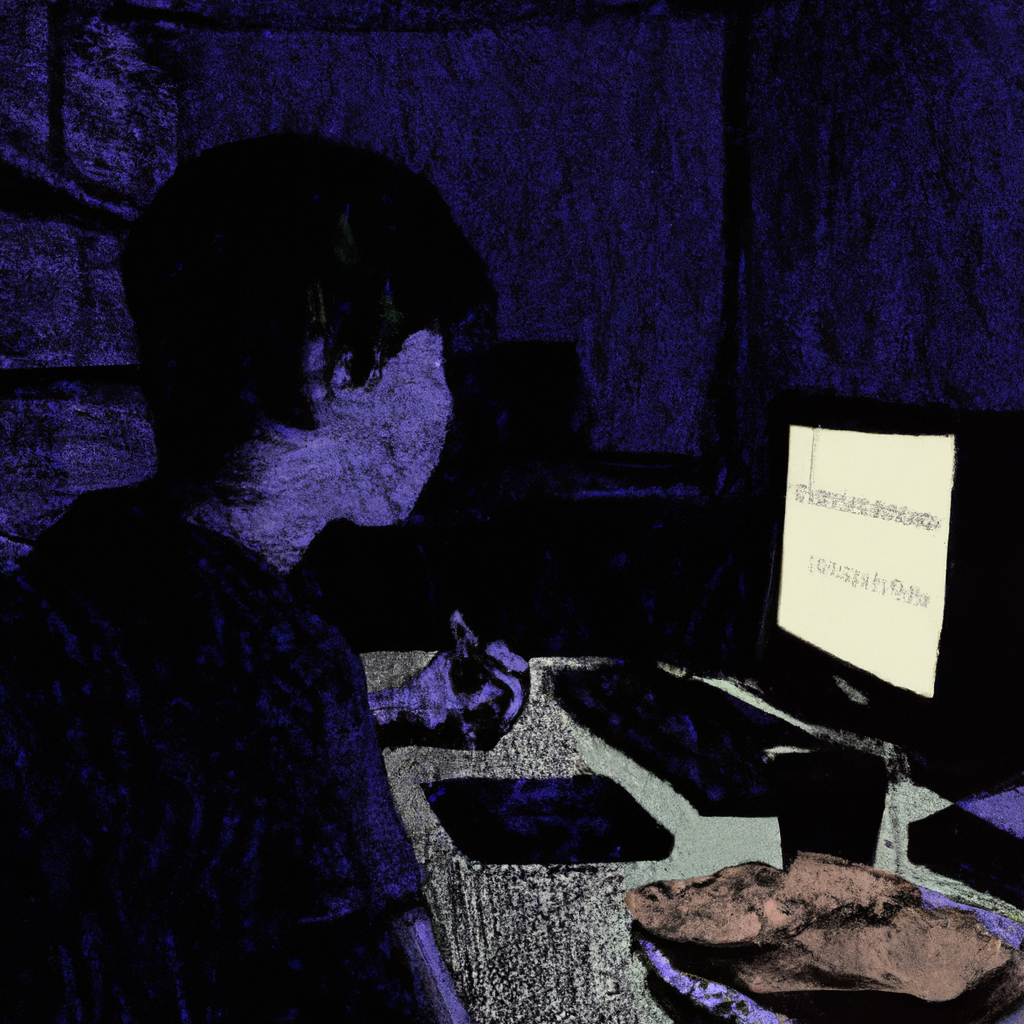
Main Sections
A. Overview of Internet Addiction
Internet addiction is a growing concern, particularly among children and teenagers. It is characterized by a compulsive need to stay online, often at the expense of other important activities and responsibilities. This addiction can lead to a range of psychosocial and behavioral problems, which can significantly impact an individual’s overall well-being.
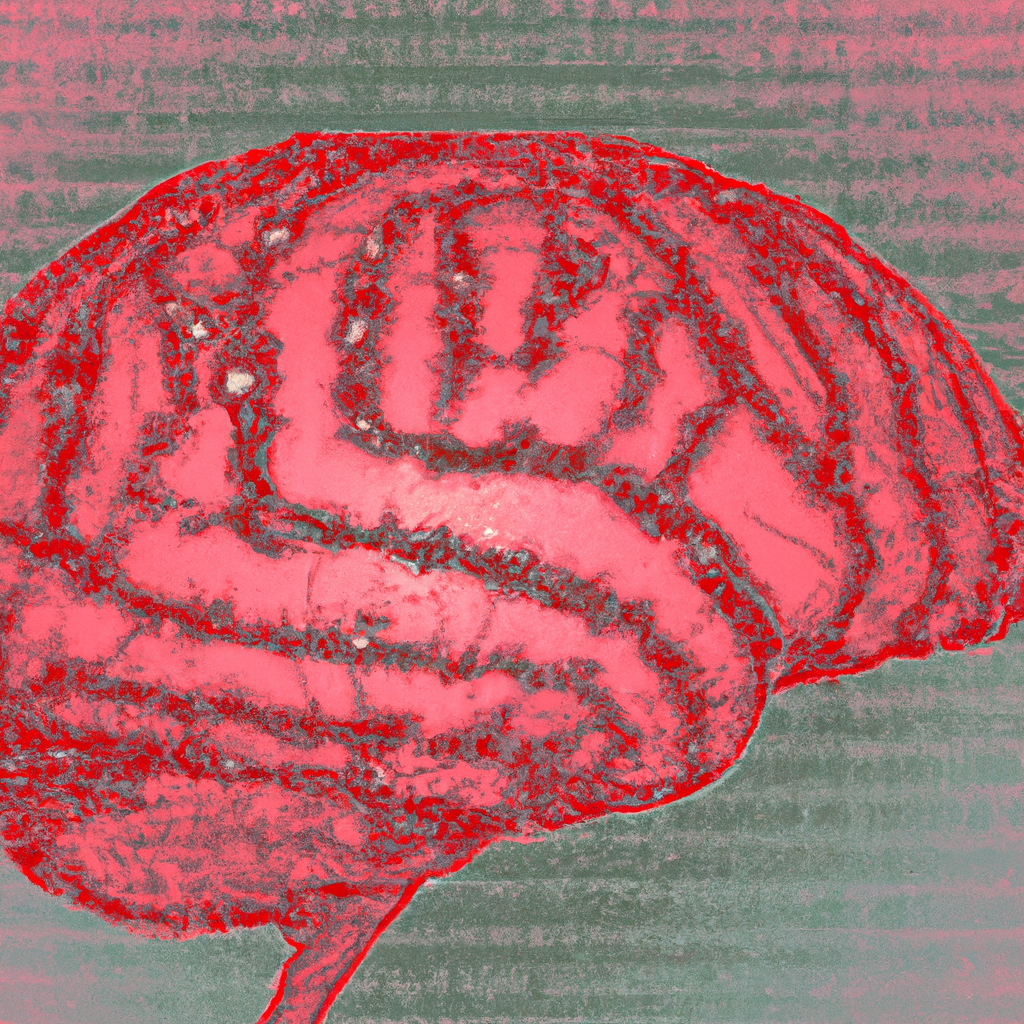
Find out how the strategies discussed in the article
"How Teaching a Song Can Improve Your Child’s Learning and Well-Being"can help address internet addiction in children and teens.
B. Psychosocial Problems
1. Poor Interpersonal Relationships
Internet addiction often leads to reduced face-to-face communication and social interaction. Individuals may withdraw from social activities, leading to poor interpersonal relationships. This can result in a lack of cooperation and reduced communication with family and friends.
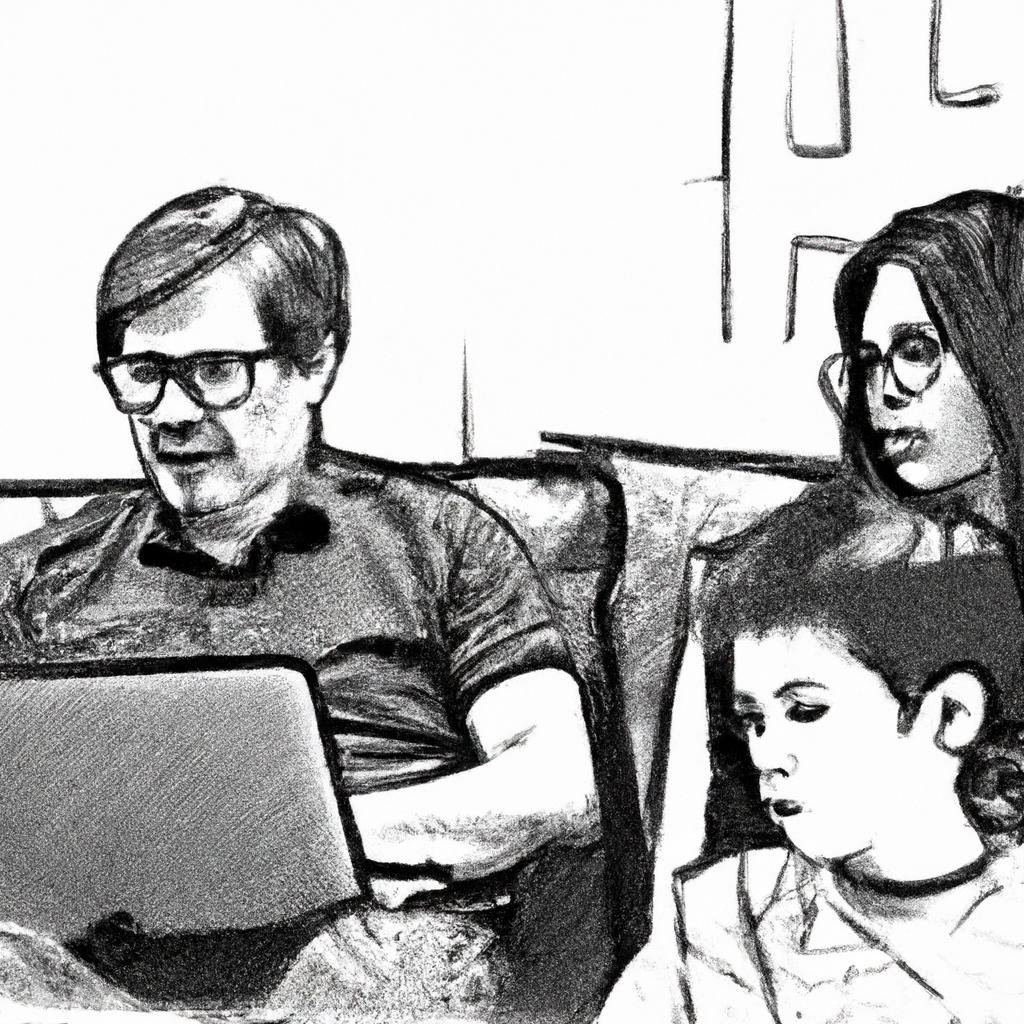
2. Reduced Communication
The preference for online interactions over face-to-face communication can lead to a decline in social skills. Individuals may find it challenging to engage in meaningful conversations and may become socially awkward.
3. Withdrawal from Social Activities
Addicted individuals often prioritize online activities over real-life social engagements. This withdrawal can lead to isolation and a lack of participation in community or family events.
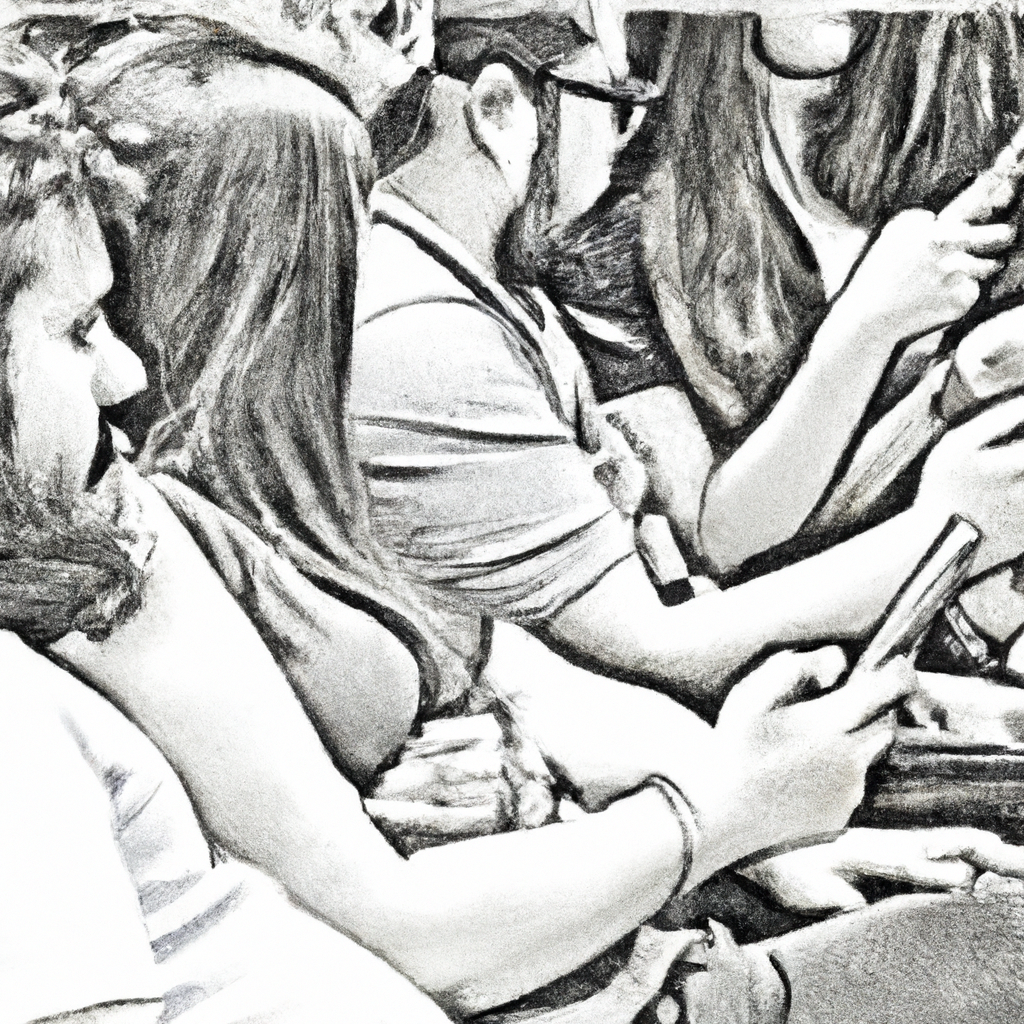
C. Behavioral Problems
1. Poor Eating Habits
Addicted individuals may develop poor eating habits, such as skipping meals or consuming unhealthy food. The convenience of fast food and the distraction of online activities can lead to neglecting proper nutrition.

2. Low Frustration Tolerance
Internet addiction can result in low frustration tolerance, leading to temper tantrums, irritability, and aggression. The constant need for instant gratification online can make it difficult for individuals to cope with real-life frustrations.
3. Temper Tantrums and Irritability
Frequent temper tantrums and irritability are common among those addicted to the Internet. These emotional outbursts can strain relationships and create a hostile environment at home or school.
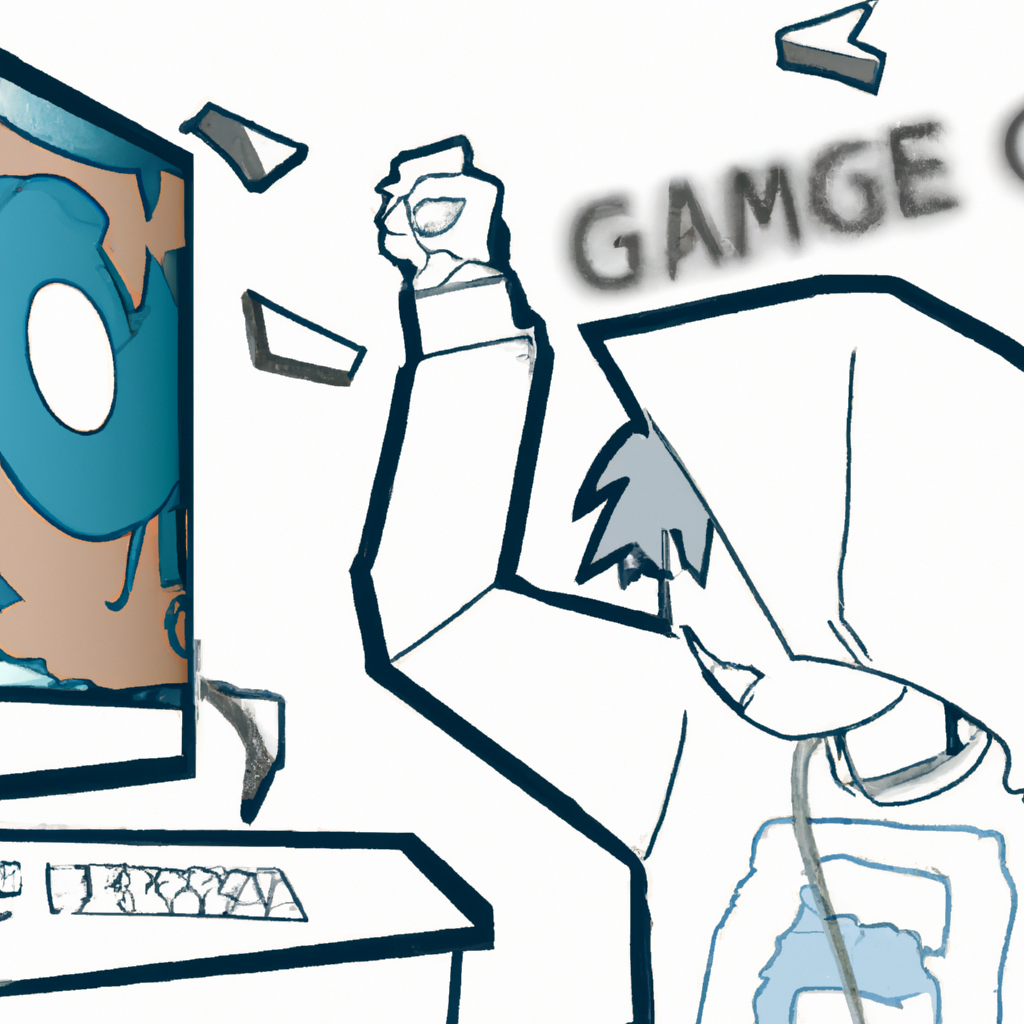
4. Aggression
The anonymity and lack of consequences in the online world can lead to aggressive behavior. Individuals may exhibit aggression both online and offline, affecting their relationships and social interactions.
5. Poor Time Management
Excessive time spent on online activities often leads to poor time management. Addicted individuals may struggle to balance their online and offline responsibilities, resulting in neglected duties and missed deadlines.
6. Excessive Online Activity
The tendency to spend an inordinate amount of time online can lead to neglecting other responsibilities and activities. This can affect personal hygiene, sleep patterns, and overall health.
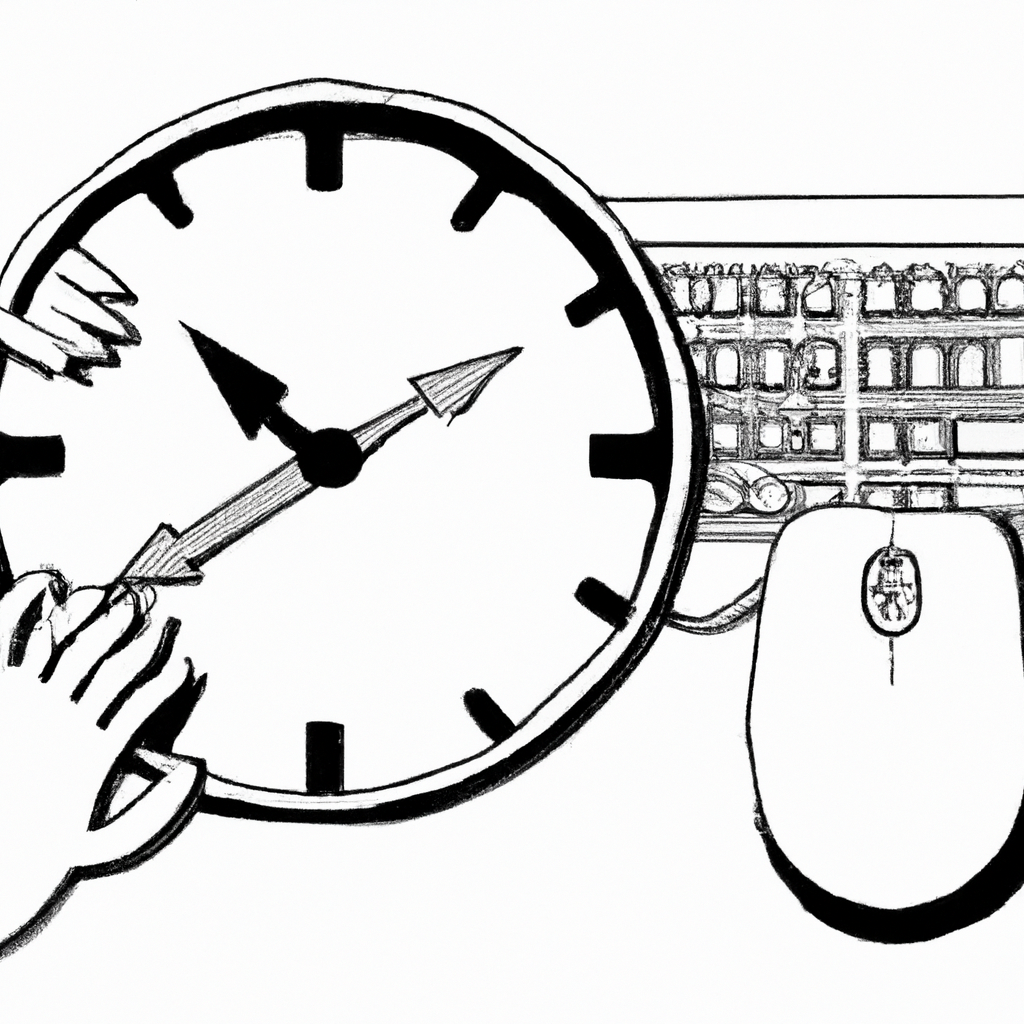
7. Poor Academic Performance
Internet addiction can negatively impact academic performance. Students may find it difficult to concentrate on their studies, leading to incomplete or missing assignments and declining grades. The distraction of the Internet can reduce intellectual ability and overall academic achievement.

Conclusion
Internet addiction has profound psychosocial and behavioral consequences that can significantly impact an individual’s overall well-being. The excessive use of the Internet often leads to poor interpersonal relationships, as individuals may withdraw from social activities and face difficulties in communication and cooperation. This withdrawal can result in a sense of isolation and loneliness, further exacerbating the addiction.
Behaviorally, those addicted to the Internet may develop poor eating habits, such as skipping meals or consuming unhealthy food, which can lead to physical health issues like obesity. Additionally, the addiction can cause low frustration tolerance, leading to temper tantrums, irritability, and even aggression. These behavioral changes can strain relationships with family and friends, creating a cycle of negative interactions and further isolation.
Time management is another critical area affected by Internet addiction. Individuals may spend excessive amounts of time online, neglecting important responsibilities such as academic work or professional duties. This can result in poor academic performance, incomplete assignments, and declining grades, which can have long-term implications for one’s educational and career prospects.
In summary, the psychosocial and behavioral problems associated with Internet addiction are multifaceted and deeply interwoven. Addressing these issues requires a comprehensive approach that includes promoting healthy online habits, encouraging offline activities, and providing support for underlying psychological and emotional challenges. By fostering a balanced and mindful approach to Internet use, individuals can mitigate the negative impacts and lead more fulfilling and productive lives.
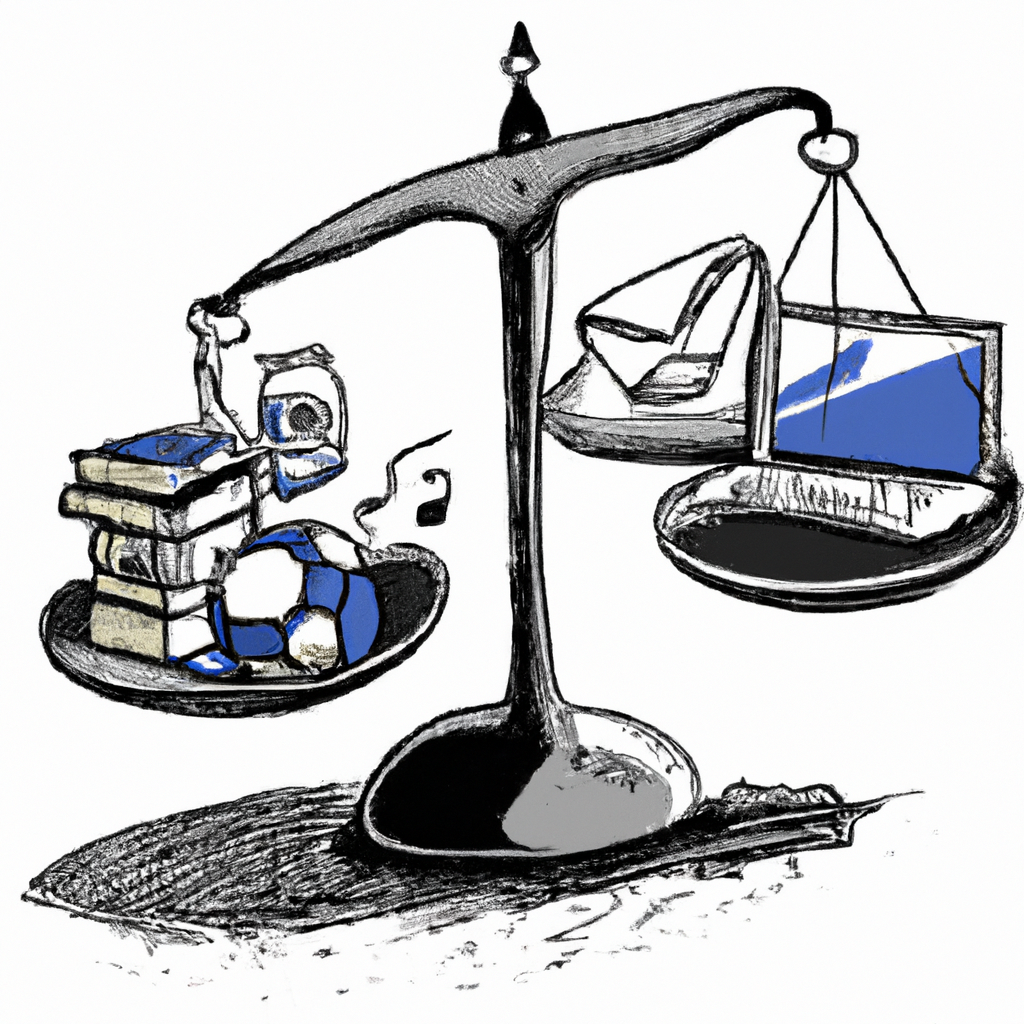
Thank you for reading our article on Psychosocial and Behavioral Problems Due to Internet Addiction. We highly value your feedback and invite you to take a brief survey to share your thoughts and experiences. Your responses will be kept confidential.
Dear Readers,
Welcome to my blog, where technology, music, and visual arts come together to spark creativity and growth. By subscribing, you’ll become part of a vibrant community committed to exploring and learning in these areas.
Select the type of engagement that suits you best:
Join us and enjoy tailored content and direct support suited to your interests.
